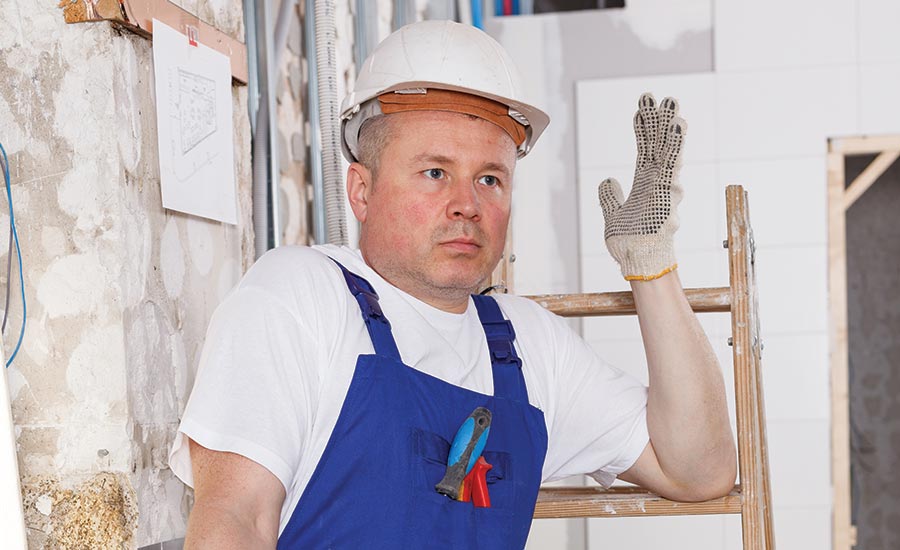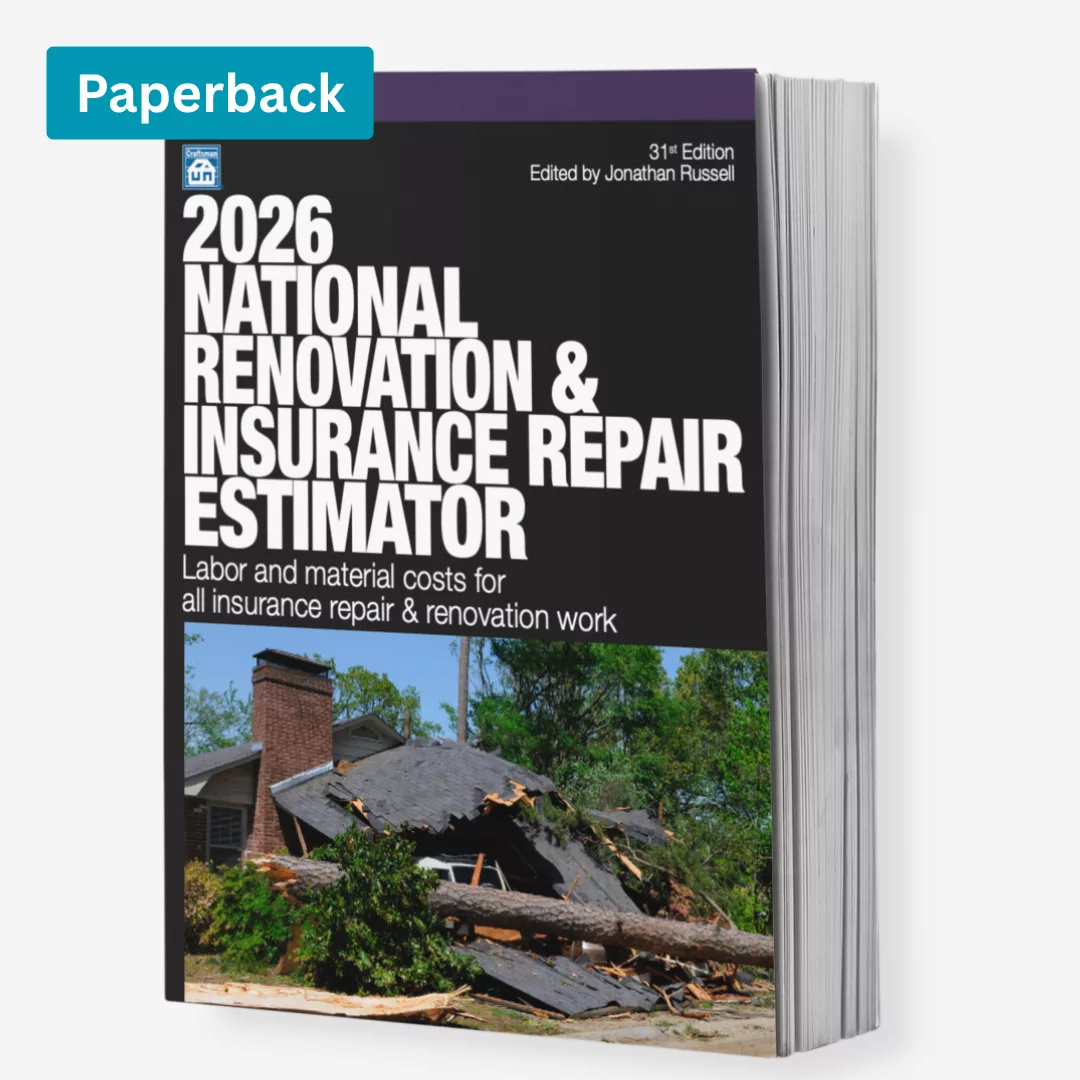Previous Experience Not Required
Hiring in today's job market.

In last month’s article, I wrote about taking a longer view with hiring given the current challenges to find people with the right skills and the desire to work in, or make a career of, the restoration industry. Let’s shift the focus back to the present and the challenges of finding good people to staff your growing business.
As I’ve written previously, employees are becoming one of the last remaining sources of competitive advantage for service businesses. The stakes have never been higher for finding and keeping the right people. Professional project managers know that there are three constraints on any project: time, quality, and cost. As the customer, we can’t have all three. If we want a job done quickly, there may be some sacrifice in quality. If we want the best quality, it might take a bit more time and the price will not be the lowest.
It seems to me that we face similar tradeoffs when trying to hire the right people. If you want to fill a position as quickly as possible, you might not get the best person. If you want to save money and not pay market rates, the quality of candidates may suffer. If, on the other hand, you are willing to do your due diligence to find the people who are the best fit for your company, your culture, and have the characteristics that will lead to long term success, you are more likely to find high-quality individuals and will experience lower employee turnover.
Does high quality mean previous industry experience? Based on what I’ve seen, contractors often react to the need to increase staff or replace a previous employee by posting a job opening with language that includes “previous experience in restoration preferred.” When reviewing resumes or applications for hiring, is industry experience the first thing you look for? Do you rate candidates with prior experience higher than those without? These tendencies are driven by the idea that experienced candidates will require less training. They will ramp up faster and be more productive sooner. In the language of the three constraints, time has become the driver.
In the sense of addressing an immediate need, hiring someone with previous experience has merit. However, when taking a longer view and considering possible turnover, paying a premium for experience and having to re-train the candidate to your way of operating may mean a considerable trade-off in cost and quality.
Previous experience comes at a price. How often, during the hiring process, have you had candidates overstate their capabilities? They claim to have experience with certain types or sizes of losses, or have executed specific protocols, only to find out later that they really don’t. If you aren’t careful, you may find yourself committed to a level of compensation based on the exaggerated experience and capabilities, and now you’re overpaying them. Through additional training and time on the job, they may get to the level you were expecting. Or, they may not.
Does paying a premium for experience that has to be re-trained make sense? Let’s assume, for the moment, that the experienced person you hire has the traits and characteristics you want. They fit with your culture. Chances are, the way they were trained and the experience they have will not be a perfect fit with the processes, procedures, and documentation you use in your business. They will require additional training to learn how to do things your way. In cases like this, how successful have you been in trying to get someone with 10 or 15 years of doing something one way to learn to do it differently?
Employees with prior experience who are looking for work are unemployed for a reason. Perhaps they presented a problem of some type for another contractor. Likely, it was an attitude issue or characteristic that didn’t fit with the employer’s business. If they’ve worked for several contractors, that is a louder warning of an underlying issue. In these cases, having time as the driver in your hiring process is likely to result in an unacceptable trade-off in quality. Hiring fast, therefore, often results in higher turnover.
As you have probably experienced, employee turnover is an expensive proposition. You have the obvious costs of advertising positions, interviewing, checking references, and testing. In addition, you have the drain on your existing manpower as they orient new employees and spend time training them, assessing their capabilities, and integrating them into your organization.

The bottom line is, hiring the right people from the start prioritizing quality as the driver in the hiring process may sacrifice a bit of time in the near term, but will pay benefits in quality and cost over the long term.
Regarding cost, another of my recent articles encouraged the practice of being willing to pay above market rate for the right people. While compensation costs may be somewhat higher, the return on that investment comes in the form of better employee morale, higher levels of quality and output, and reduced employee turnover. The monetary benefits of a positive company culture and high levels of satisfaction, while they may be hard to measure in exact dollars and cents, are significant and long lasting.
Having the right people in your organization is one of the keys to competitive advantage and sustained profitable growth. Don’t succumb to the urge to hire fast when it’s time to replace or add to your staff.
I am not suggesting that you avoid candidates who have previously worked in the restoration industry. Just realize the experience people bring from previous employers will not always represent value for your company.
Placing a priority on quality having a strong work ethic, the desired characteristics, and a commitment to learning when recruiting and hiring for your business may mean a bit more time is required to teach the technical skills and processes, but that time investment will provide substantial rewards down the road.
Looking for a reprint of this article?
From high-res PDFs to custom plaques, order your copy today!








